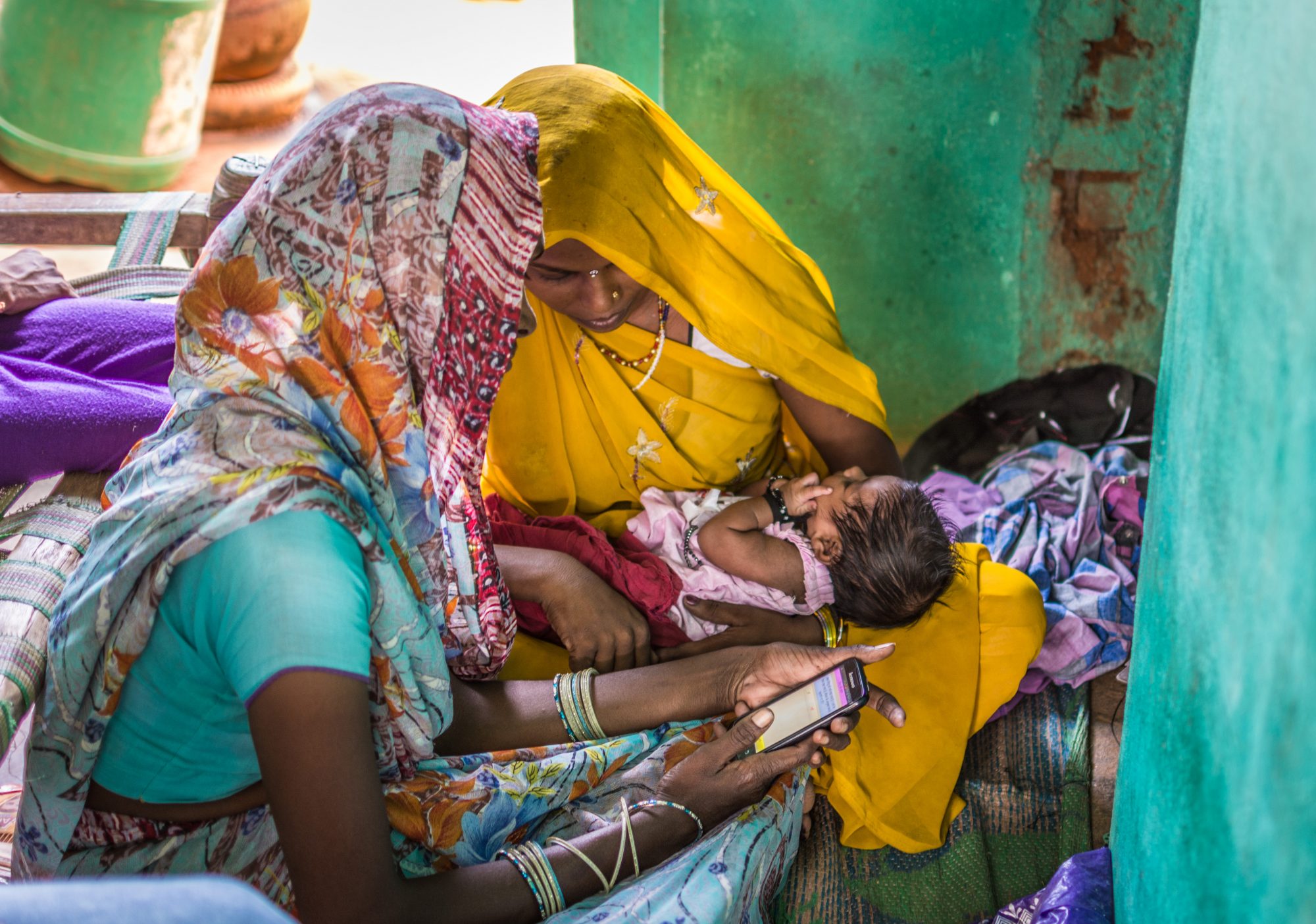Politics & Policies
Business prides itself on solutions that generate a significant return on investment. As a rule, U.S. global health programs follow this principle. For less than 1 percent of the federal budget, global health investments have yielded impressive results above and beyond their original price tag, and are poised for even greater returns in the future.
Harvard Global Health Institute and the London School of Hygiene & Tropical Medicine formed an Independent panel to analyze the global response to Ebola. Their work resulted in a report in the Lancet which identifies 10 important recommendations for reform.
While children in the U.S. are often required to be current on their vaccinations or receive a special waiver in order to attend public school, there is no requirement for adult vaccinations.
In this era of deep political divides and polarized opinions, we should let evidence – not politics – direct actions to benefit everyone in our country.
No More Epidemics is calling on all countries to publish their completed assessments of national capacities to prevent, detect and respond to epidemic threats, known as the Joint External Evaluation (JEE).
According to Robert Gebelhoff of the Washington Post, resistant malaria needs to be a high priority for the new administration and governments in the developing world.
Federal health officials may be about to get greatly enhanced powers to quarantine people, as part of an ongoing effort to stop outbreaks of dangerous contagious diseases.
The Indian government has cut ties with Bill and Melinda Gates Foundation and has decided to fund and manage the immunization programs on its own.
In response to Greenpeace’s study that estimated that nearly 1.2 million people die each year due to high concentrations of air pollutants, India’s Environment Minister said that “there is no conclusive data available in the country to establish direct correlation-ship of death exclusively with air pollution.”
Margaret Chan, outgoing director of the World Health Organization, is urging greater collaboration among global health organizations in the face of a challenging political environment in the United States.
Programs, Grants & Awards
Former U.S. Vice President Al Gore, the American Public Health Association (APHA), The Climate Reality Project, Harvard Global Health Institute, the University of Washington Center for Health and the Global Environment and Dr. Howard Frumkin, former director of the CDC’s National Center for Environmental Health, announced a Climate & Health Meeting that will take place on February 16, 2017 at The Carter Center in Atlanta, Georgia.
On Feb. 14, women’s-rights activists around the world are commemorating V-Day, hoping to raise awareness of violence against women worldwide. The campaign, One Billion Rising, refers to the U.N. projections that 1 in 3 women will be raped or beaten in her lifetime, or 1 billion in the world.
The Aid & Development Africa Summit 2017 is an exclusive platform uniting regional and global expertise and offering a unique opportunity for cross-sector engagement between UN and government agencies, NGOs, donors and the private sector.
In advance of the upcoming 7th Annual Global Health Conference taking place at FIU this March, FIU’s Global Health Consortium brought representatives from around the world to Washington, D.C. to evaluate the strategies for monitoring and decreasing the impact of antimicrobial resistance.
With funding from The Rockefeller Foundation, Columbia University’s Mailman School of Public Health, home to the nation’s first academic program in climate and health, today announces a Global Consortium on Climate and Health Education to share best scientific and educational practices and design model curricula on the health impacts of climate change for academic and non-academic audiences.
Research
A new study projects that by 2035, cardiovascular disease, the most costly and prevalent killer, if left unchecked, will place a crushing economic and health burden on the nation’s financial and health care systems. According to the study, in the next two decades, the number of Americans with cardiovascular disease will rise to 131.2 million (45 percent of the total US population) with costs expected to reach $1.1 trillion.
A new study found that nearly all of about 400,000 employees at large companies nationwide in the US face increased risk of heart disease and stroke from obesity, high blood pressure, poor diet and and other risk factors. The findings, published Tuesday in the journal Health Affairs, illustrate the need for more workplace health initiatives grounded in science and evidence to inspire employee health and reduce employer costs, study authors said.
People who are overweight in their 20s and then become obese later in life may be three times more likely to develop esophageal or stomach cancer, according to new research.
CD8 T cells protect adult naive mice from JEV-induced morbidity via lytic function.
A study recently published in Virus Research took a look into the presence of Zika virus in human breast milk.
Diseases & Disasters
Early cancer diagnosis saves lives and cuts treatment costs, the United Nations health agency today said, particularly in developing countries where the majority of cancer cases are diagnosed too late.
The Zika infection has prompted the World Health Organization to declare a global health emergency due to the link to thousands of suspected cases of babies born with small brains – or microcephaly – in Brazil. But there are still many, crucial, unanswered questions.
Technology
Philanthropist and former Microsoft exec Melinda Gates said this week that the data we have on global health is improving – in part because of projects undertaken by the Gates Foundation and other philanthropic organizations — but there’s still a long way to go.
Environmental Health
On Feb 5th, Dubai residents ditched their cars to participate in the country’s 8th year car-free day initiative.
“Human activity is changing the climate 170 times faster than natural forces.” In the last 45 years, temperatures have increased by the equivalent of 1.7C per century and the warmest years on record have occurred since 1998.
New research shows that air pollution has become such a danger that now the ill-effects of breathing in fine particulates outweighs the usual health benefits of 30 minutes of cycling each way.
Equity & Disparities
A model for fighting against hunger and malnutrition with a global reach which has been successful within and outside the region has spread worldwide, first from Brazil and then from Latin America, notes a distinction given to the current Director-General of FAO (United Nations Food and Agriculture Organisation), José Graziano da Silva.
Violence toward women does not, at first sight, appear to be a problem in Hong Kong, Japan or South Korea. Overall homicide rates are among the lowest in the world — below 1 per 100,000 people — and street crime is rare. Harassment is also uncommon: women generally feel safe when going out alone at night. But despite the veneer of safety, the three jurisdictions actually have the highest rate of female homicide victims in the world.
Maternal, Neonatal & Children’s Health
Nine countries have committed to halve preventable deaths among pregnant women and newborns in the next five years.
A study in the International Journal of Epidemiology found problems in the methodology and analysis in the three widely cited studies on the impact of mass deworming in Africa.

